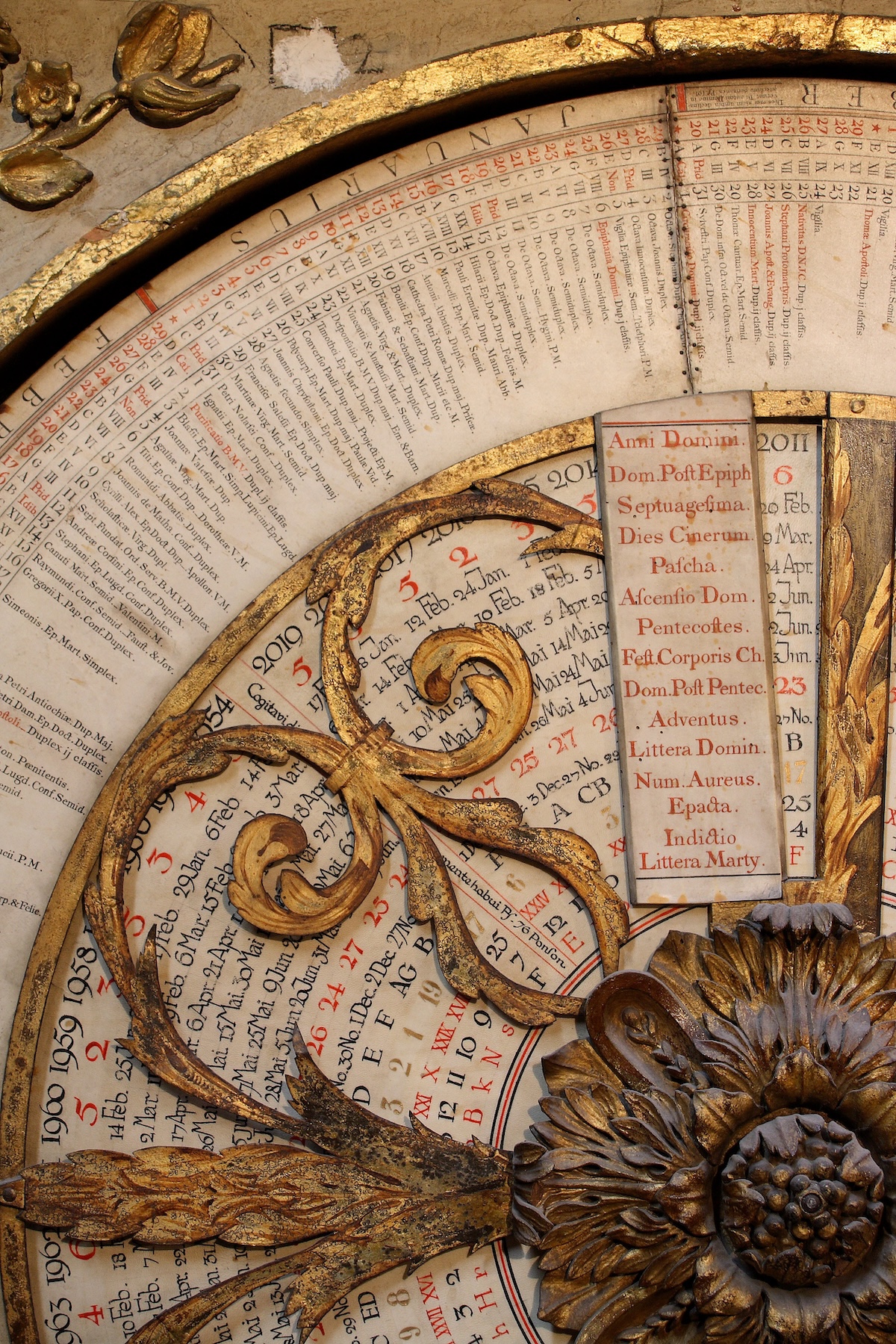Calling Time on BC and AD
For more than a thousand years BC and AD have bisected our understanding of time. Should we keep them?

It is obvious to say that the orthodox dating convention of Before Christ (BC) and Anno Domini (AD), Latin for ‘In the year of our Lord’, are constructs which have framed the passing of our daily lives and how we record the events therein for more than 1,000 years. Yet BC and AD are odd for their abbreviation and lack of consistency; why is the former in English while the latter is Latin? The lack of a year zero per se is also a conundrum, with the flow of time from one epoch to another jumping from 1 BC to AD 1. This in turn creates some uncertainty over key dates; for example, was the turn of the recent millennium 1 January 2000 or 2001?







